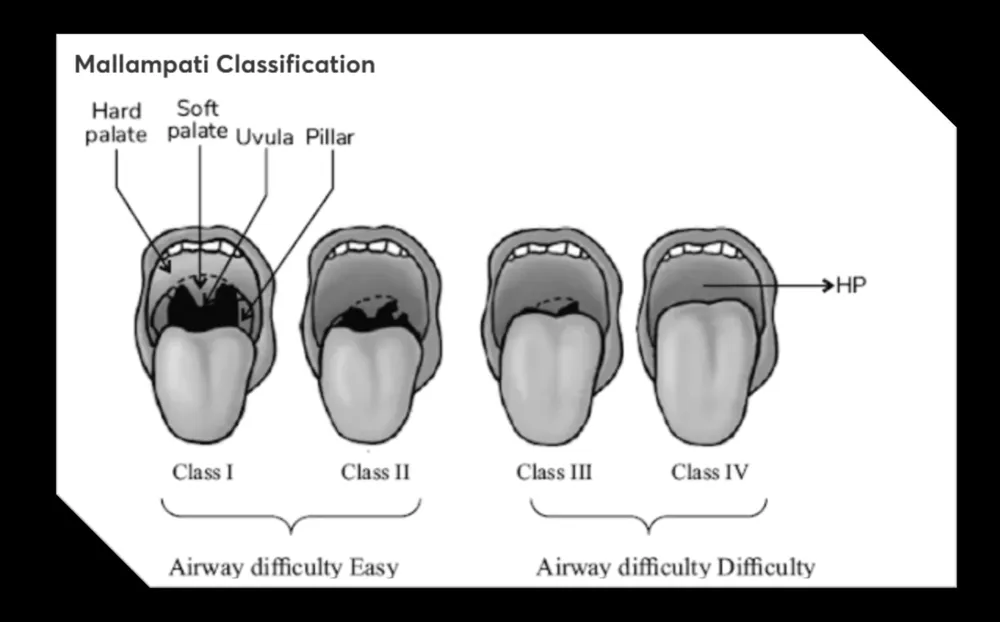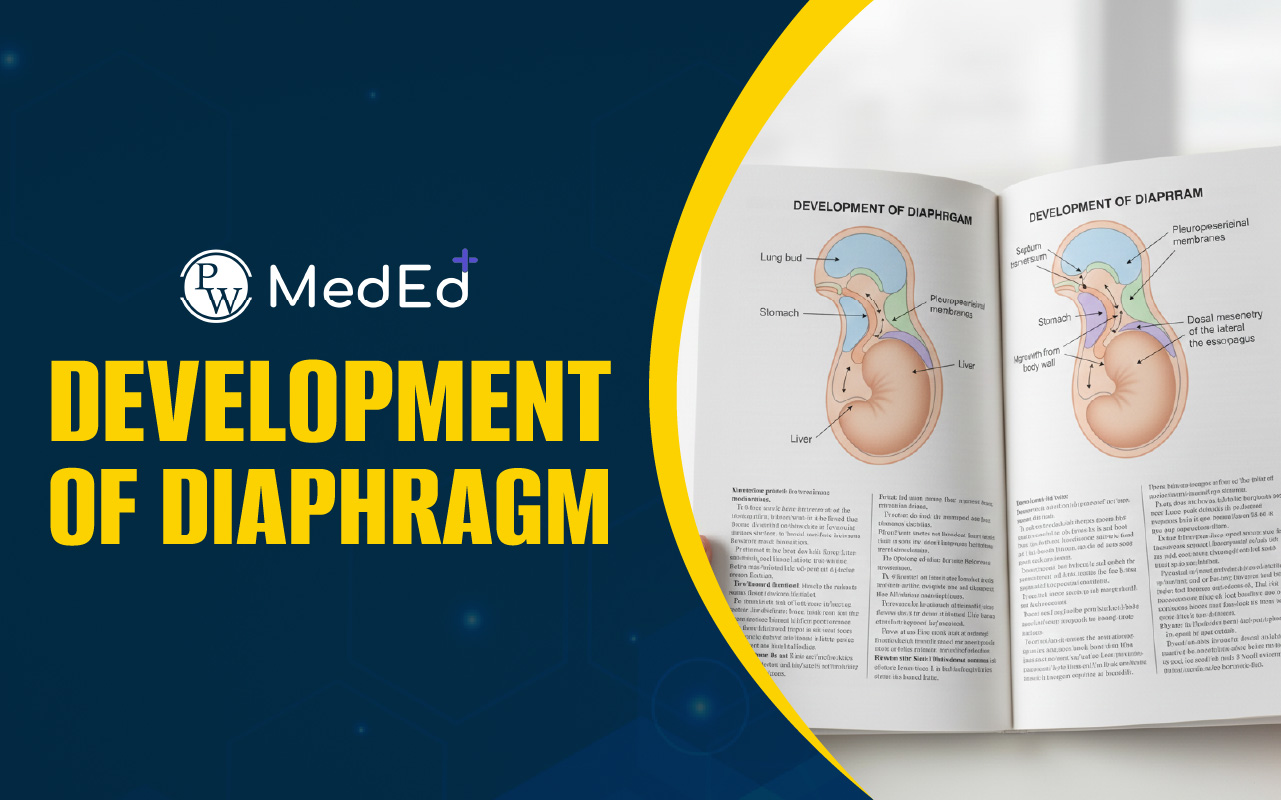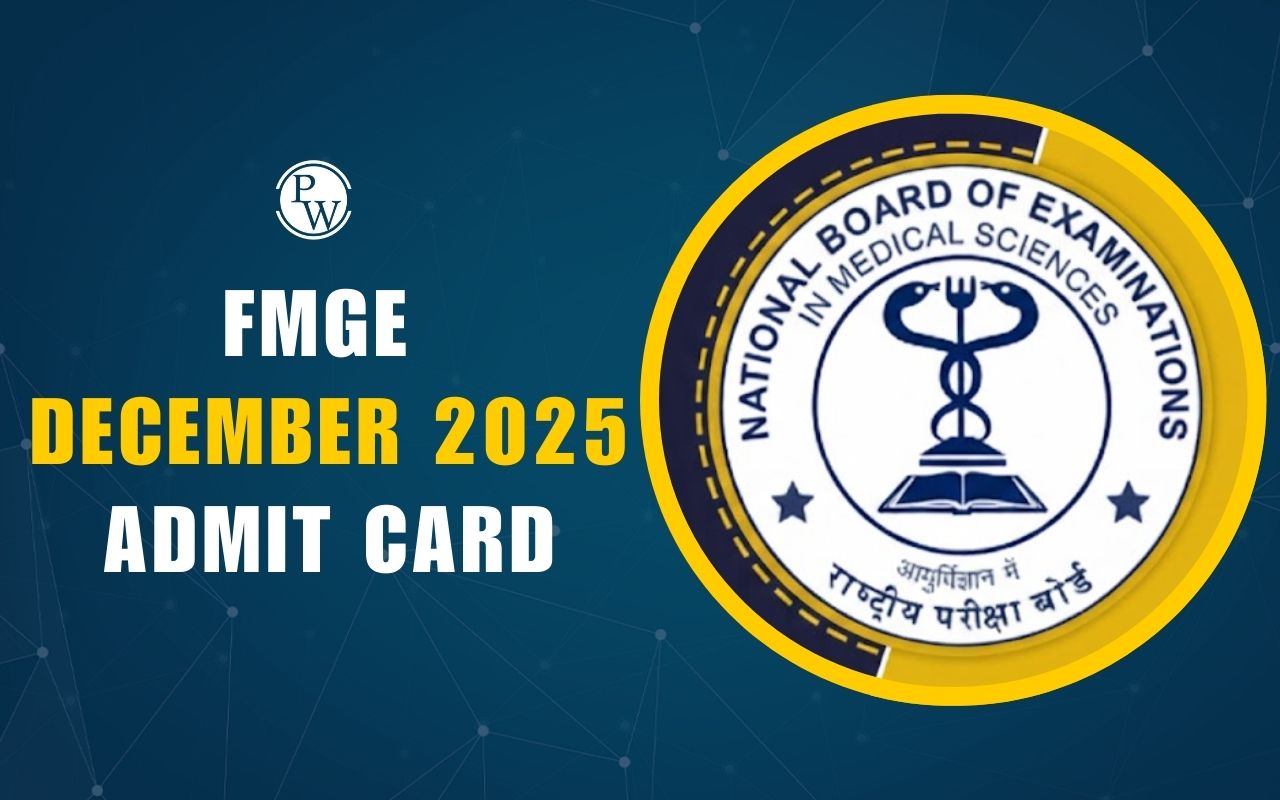
Pre-Anesthetic Checkup (PAC): When surgery is recommended by your doctor, one of the crucial steps before the procedure is the Pre-Anesthetic Checkup (PAC). This assessment ensures you're medically fit to receive anesthesia and undergo surgery safely. The Pre-Anesthetic Checkup (PAC) is a vital step before surgery, conducted by an anesthesiologist to assess a patient's medical fitness for anesthesia and the surgical procedure. It involves reviewing medical history, evaluating airway and vital signs, checking hemoglobin levels, and providing fasting and medication guidelines. Patients must disclose existing illnesses, allergies, and substance use to ensure safety. Specific do’s and don’ts before surgery, such as hygiene and medication management, help reduce risks. PAC also includes special considerations for children and the role of prehabilitation to improve overall readiness. Following PAC advice ensures a smoother and safer surgical experience.
Download– MedEd App
What is PAC?
PAC stands for Pre-Anesthetic Checkup. It’s not just a test but a comprehensive assessment performed by an anesthesiologist to evaluate your medical fitness for anesthesia. It involves reviewing your medical history, current medications, conducting a physical exam, and ordering relevant tests.
Purpose of PAC
The purpose of a Pre-Anesthetic Checkup (PAC) is to ensure a patient is medically fit for anesthesia and surgery. It helps identify health risks, plan postoperative care, and improve safety outcomes. The main goal of PAC is to:
-
Ensure safe administration of anesthesia
-
Plan for postoperative care
-
Identify and optimize existing medical conditions
-
Reduce surgical and anesthetic risks
How is PAC Done?
PAC is typically conducted in an outpatient department (OPD) or designated PAC room where an anesthetist will:
-
Record your past and present medical history
-
Check for any allergies
-
Review current medications
-
Perform a general physical exam
-
Evaluate vital signs
-
Recommend lab tests or specialist consultations, if needed
-
Plan the type of anesthesia and discuss postoperative pain management
-
Advise on ICU or HDU stay if required
-
Explain risks involved and take informed consent
Key Components of Pre-Anesthetic Checkup (PAC)
A thorough pre-anesthesia assessment is essential to ensure patient safety during surgery. It includes evaluating the airway, checking hemoglobin levels, and following proper fasting guidelines.
1. Airway Assessment
-
Mallampati Classification:

-
Class 1: Full visibility of tonsillar pillars and uvula
-
Class 2–3: Progressive limitation of visibility
-
Class 4: Only hard palate visible (difficult airway)
-
Inter-Incisor Distance: Mouth opening should be >5 cm. Less than 4 cm may suggest difficult intubation.

-
Thyromental Distance: Should be ≥6.5 cm for safe intubation.
-
Sternomental Distance: Should be >12.5 cm.
2. Hemoglobin Concentration
-
A minimum of 10 g/dL is recommended before surgery. The requirement may vary depending on the type of surgery.
3. Fasting Guidelines
For Adults:
-
Solid foods – 8 hours before
-
Semisolids – 6 hours before
-
Clear fluids – 2 hours before
For Infants:
-
Formula milk – 6 hours
-
Breast milk – 4 hours
-
Clear fluids – 2 hours
Fasting minimizes the risk of aspiration during anesthesia.
Co-Existing Medical Illnesses: What To Inform
Before surgery, it's important to inform your anesthetist about any existing health issues. Sharing complete medical history helps ensure safe anesthesia and better management during the procedure. Tell your anesthetist about:
-
Chronic diseases: Hypertension, diabetes, asthma, epilepsy, heart conditions, etc.
-
Medication history and any past surgeries
-
Known drug or food allergies
-
Usage of alcohol, tobacco, or recreational drugs
Medication Guidelines Before Surgery
Certain medications need to be continued while others must be stopped before surgery to avoid complications. Follow these medication guidelines as per medical advice for a safer procedure.
|
Medication Guidelines Before Surgery |
|
|
Medication Type |
Instruction |
|
Antihypertensives |
Continue (except ACE inhibitors/ARBs) |
|
Diabetes meds |
Stop oral drugs, continue insulin if needed |
|
Cardiac meds |
Continue aspirin (75 mg), antianginals, and statins |
|
Blood thinners |
Stop Clopidogrel (8 days), Warfarin (3–5 days), Heparin (6 hrs) |
|
Oral contraceptives |
Stop 4 weeks before surgery |
|
Antiepileptics |
Continue |
|
Steroids |
Continue if taken for >1 week in the past year |
|
MAO inhibitors, TCAs |
Stop 2–3 weeks before surgery |
|
Herbal Medicines |
Stop 6 weeks before surgery |
Do’s and Don’ts Before Pre-Anesthetic Checkup (PAC) and Surgery
Preparing for surgery is crucial to ensure a safe and smooth procedure. Below is a helpful list of important do's and don'ts to follow before undergoing surgery.
|
Do’s and Don’ts Before Pre-Anesthetic Checkup (PAC) and Surgery |
|
|
Do’s Before Surgery |
Don’ts Before Surgery |
|
Take a bath the night before and the morning of surgery. |
Do not eat solid food 6–8 hours before surgery. |
|
Trim facial hair if advised by the medical team. |
Do not wear nail polish (at least remove it from one finger). |
|
Brush your teeth and clean your fingernails. |
Avoid shaving the surgical area yourself. |
|
Carry all medications and past medical reports. |
Do not smoke or consume alcohol before surgery. |
|
Bring a responsible adult to accompany you. |
|
PAC for Children
Pre-Anesthetic Checkup (PAC) for children requires special care and preparation by parents. It's important to follow fasting rules, explain the procedure gently, and understand pre-surgery steps like sedation. For children, parents must:
-
Follow fasting instructions strictly
-
Explain the procedure in simple words (if age-appropriate)
-
Understand that sedatives may be given pre-surgery
-
Clarify if the child can be discharged the same day
Role of Prehabilitation
Prehabilitation improves your physical and mental state before surgery. It includes:
-
Quitting smoking and alcohol
-
Breathing exercises
-
Nutritional support
-
Physical activity (walking, stretching)
-
Managing chronic illnesses
The anesthesiologist may refer you to a physiotherapist, nutritionist, or psychologist based on your needs.
A Pre-Anesthetic Checkup (PAC) is essential for ensuring a safe and smooth surgical experience. It helps the medical team to assess your readiness for anesthesia and reduces the risk of complications. Being honest about your health and following the preoperative instructions can significantly improve surgical outcomes.
Pre-Anesthetic Checkup (PAC) FAQs
Do I need to fast before PAC?
Can I go alone for PAC?
What should I carry for PAC?
How long does PAC clearance take?
What is the best way to manage difficult airways?










